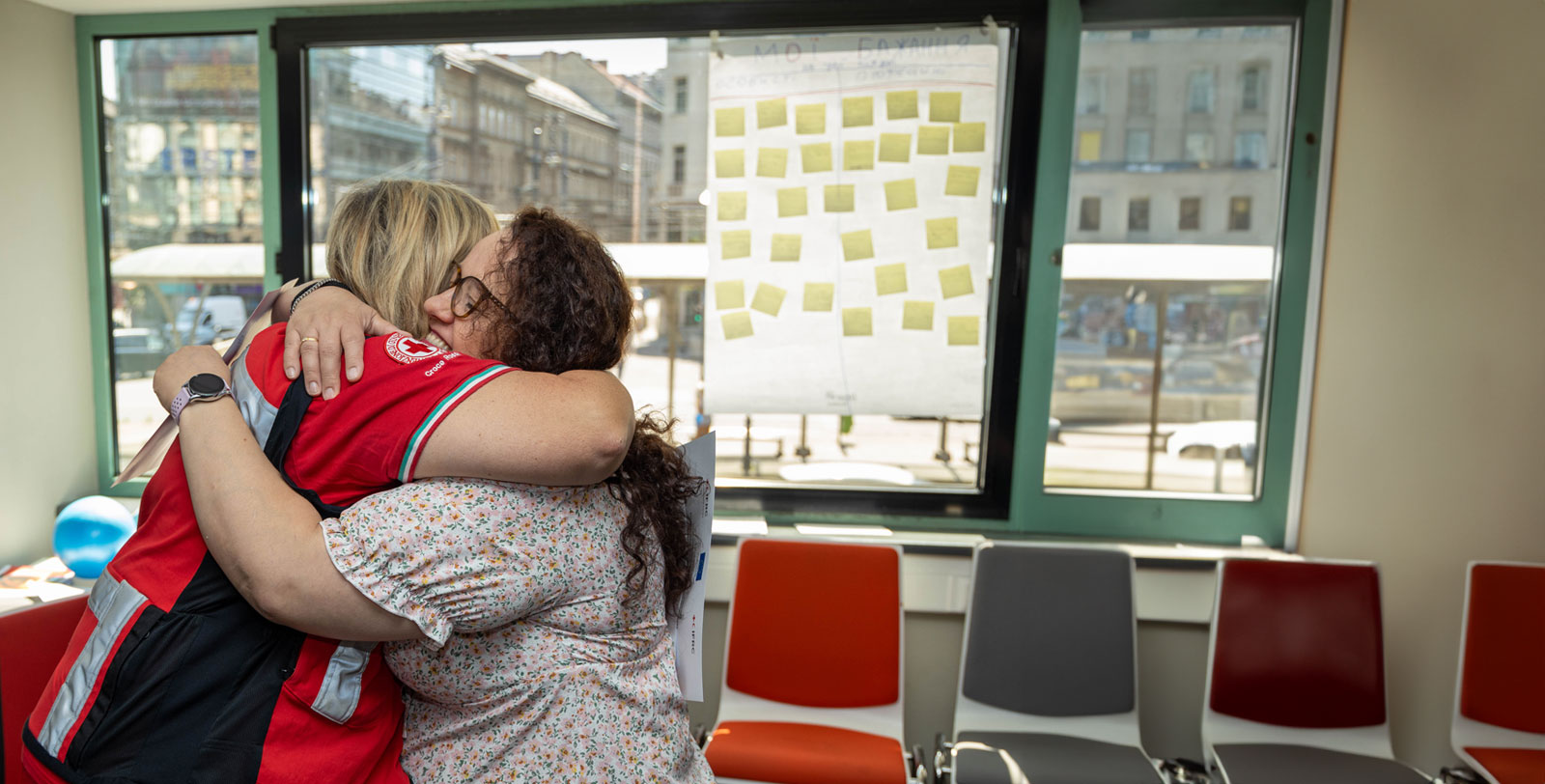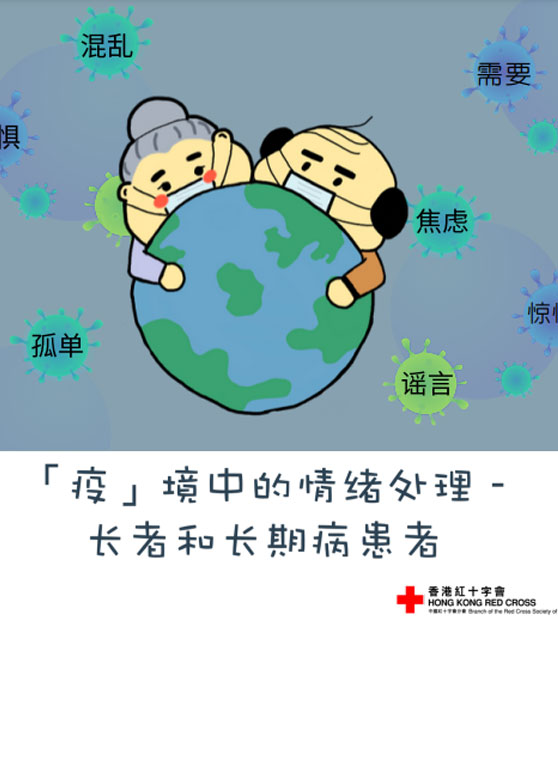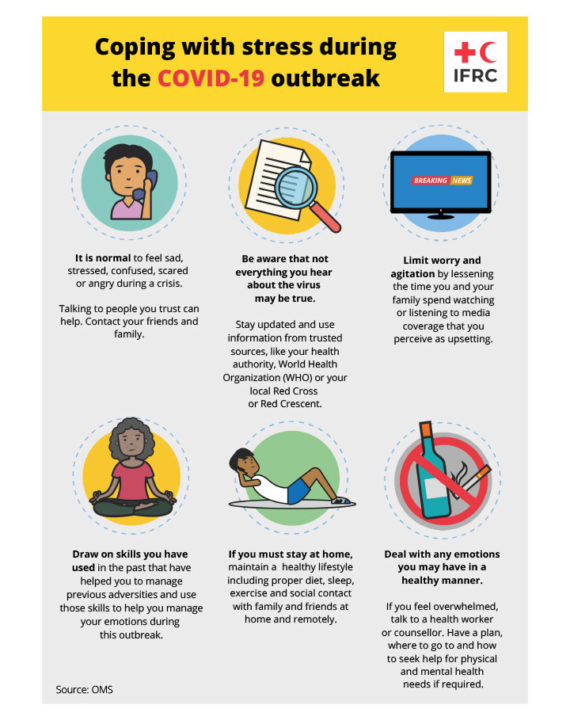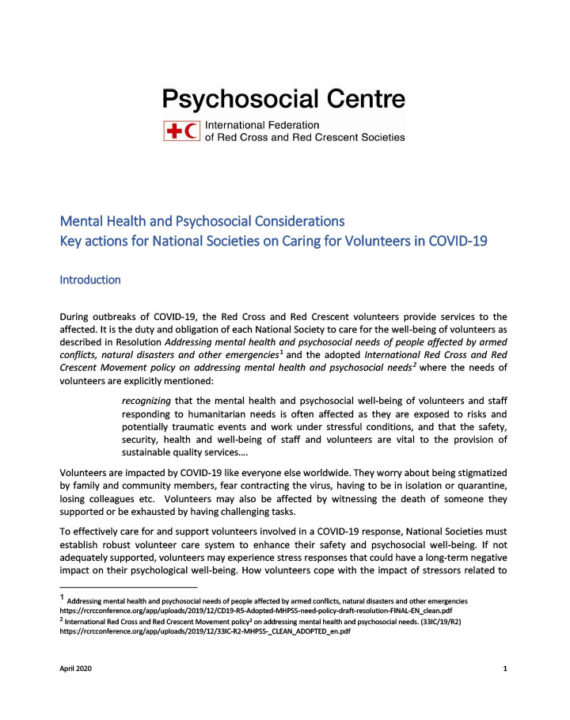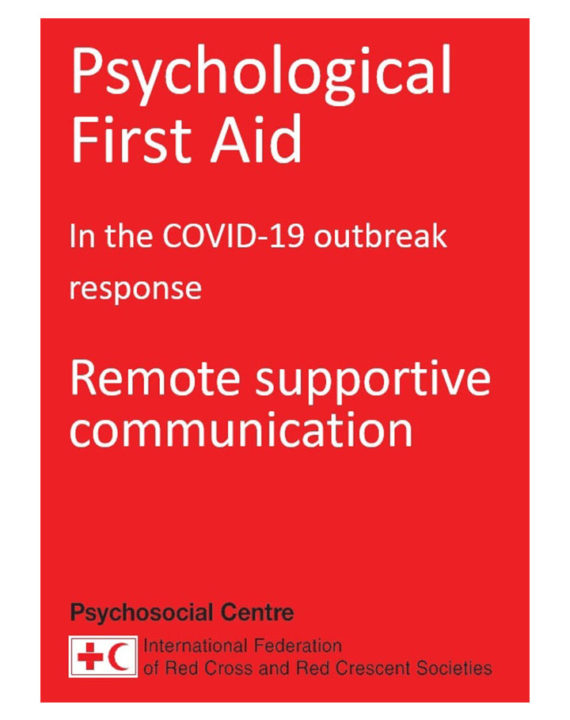These mental health and psychosocial support key messages developed by the Hong Kong Red Cross for the general public during disease outbreaks.
In the face of the recent emergence of pneumonia associated with the novel coronavirus, many of us would feel worried, especially as we experienced SARS back in 2003 and do not wish to relive the pain and fear caused by the outbreak. It is understandable for people to experience fear and anxiety in the face of uncertainty; they can help us cope with the situation in the short term. Yet, if the fear and anxiety turn into a long-term condition or become very intense, they would not help people, but rather lower one’s ability to adapt and cope with the crisis. Meanwhile, we may also experience other common post-critical incident reactions such as low mood, insomnia, anger, etc.
It is therefore important for us to adjust emotionally in a way that is healthy to both mind and body. This manual provides tips on how to cope with stress related to public health crises and how to maintain a healthy mind throughout such difficult times.
